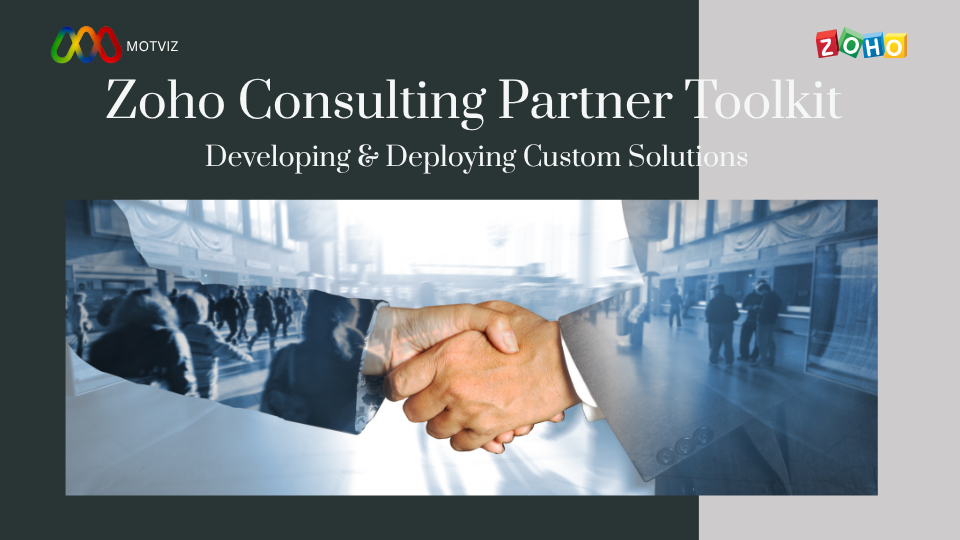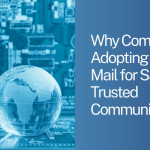
Zoho Consulting Partner Toolkit: Developing & Deploying Custom Solutions
Introduction
In today’s competitive SaaS ecosystem, clients demand CRM solutions that are not only powerful but also customized to their unique workflows. As a Zoho Consulting Partner, your role is to fill that gap with precision, agility, and the right set of tools. This guide walks you through the Consulting Partner Toolkit to help you develop and deploy scalable, custom solutions across Zoho apps—primarily Zoho CRM, Bigin, Zoho Creator, and more.
Step 1: Getting Started as a Zoho Consulting Partner
Before you dive into development, ensure you’re officially enrolled in the Zoho Consulting Partner Program.
- Sign up here: https://www.zoho.com/partners/
- Get access to:
- Partner portal
- Sandbox environments
- Training & certification
- Pre-sales and post-sales support
- Early access to new features
Step 2: Understanding the Toolkit Components
The Consulting Partner Toolkit includes:
| Tool / Platform | Purpose |
| Zoho CRM Sandbox | Safe testing for workflows, APIs, scripts |
| Zoho Creator | Low-code app development |
| Zoho Catalyst | Backend microservices & serverless apps |
| Partner Console | Client provisioning & project management |
| API & Developer Docs | Extend/customize Zoho apps via REST APIs |
| Deluge Scripting | Logic-driven automation in Zoho apps |
🔹 Step 3: Developing Custom Solutions
Option 1: Using Zoho CRM + Deluge
- Create Sandbox for safe testing
- Develop:
- Custom functions for logic
- Workflows for automation
- Client scripts (UI-level scripts)
- Webhooks to integrate with 3rd-party tools
- Test all changes in sandbox, then migrate to production.
Option 2: Zoho Creator Apps
- Ideal for building custom apps that integrate with CRM/Bigin/Books/etc.
- Drag-drop UI builder + Deluge for logic.
- Use it for:
- External portals
- Complex approval processes
- Custom reporting dashboards
Option 3: Zoho Catalyst for Backend Logic
- Serverless platform by Zoho
- Host custom REST APIs
- Use Functions, Triggers, Cron Jobs with support for Node.js, Java, Python
- Useful for:
- Data transformation
- Scheduled syncing
- Heavy-lifting logic off CRM
Step 4: Managing Client Accounts via Partner Console
- Log in to Zoho Partner Console
- Use:
- Client provisioning – Create test/prod accounts
- Central billing & access
- Project tracking – Assign teams, manage deliverables
- Use the “Build & Bill” model to manage custom development + recurring services.
Step 5: Deployment Best Practices
- Version control your code/functions using Git or Catalyst CLI
- Use Testing and UAT stages before production deployment
- Use secure authentication (OAuth 2.0) for external API integrations
- Leverage custom modules, fields, and layouts for true flexibility
- Document all customization for handover and support
Step 6: Post-Deployment Monitoring & Support
- Set up Zoho CRM audit logs & error logging in functions
- Use Catalyst Monitoring Tools for serverless APIs
- Schedule monthly reviews with clients for system health & enhancements
- Offer SLAs and change management plans
Step 7: Monetizing & Scaling as a Zoho Partner
- Build repeatable solutions (e.g., industry-specific CRM packs)
- Convert into Zoho Marketplace Extensions
- Explore white-labeling custom Creator apps
- Register your IP with Zoho for wider exposure



